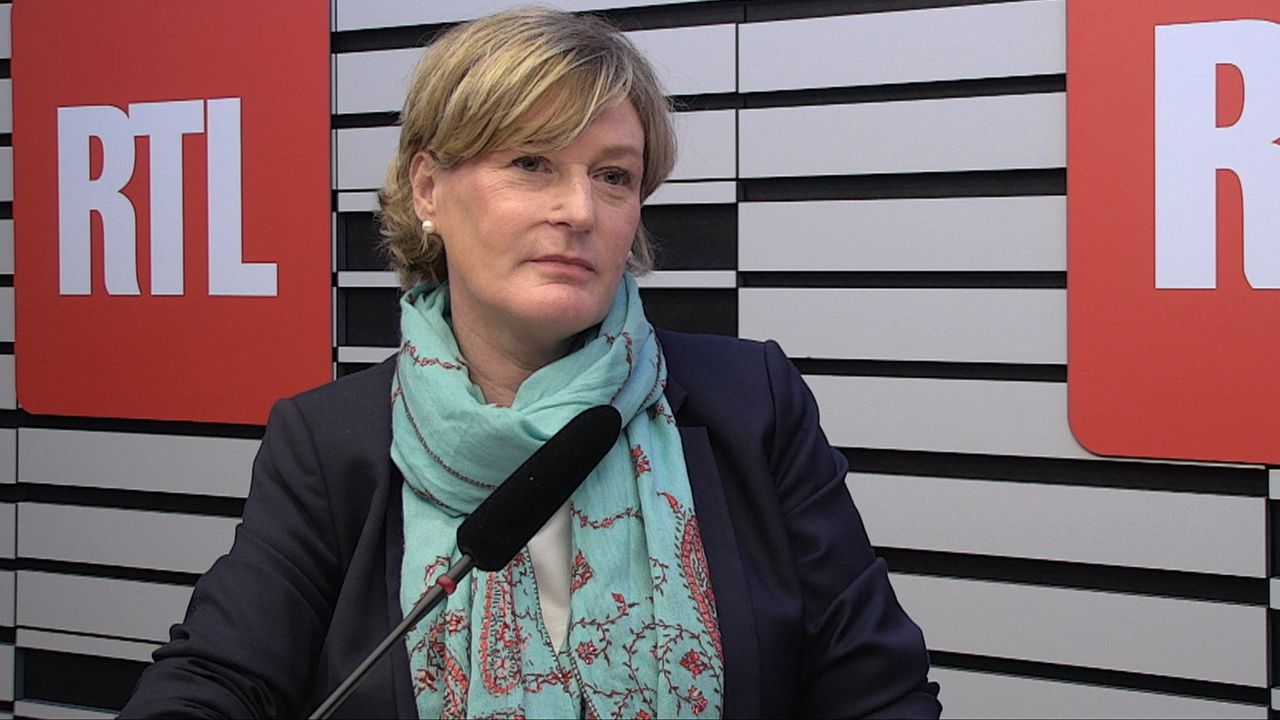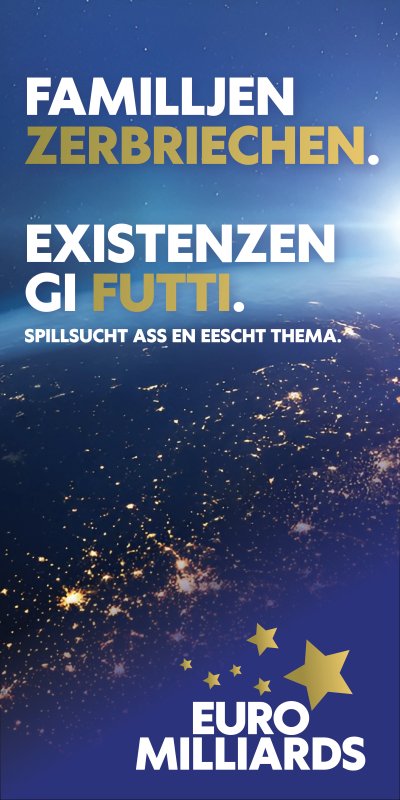PEOPLE - Which party is closest to RTL (3)
The big overview: How much LSAP is in RTL — and vice versa?

Photo: RTL
An overview of the people involved and a look at a history full of contradictions.
The RTL parties are historically the CSV and the DP, here there was not only the rapid transition of journalists into politics, but also the major entanglements of ministers and EU politicians into the corporate politics of the CLT-UFA. But what about the LSAP, the third largest party in Luxembourg?
On January 9th of this year, the newly delegated Minister of Media Elisabeth Margue (CSV) presented the media component of the coalition agreement to the Chamber’s Media Committee. Taina Bofferding, now the leader of the LSAP faction and thus the leader of the opposition, takes the floor and calls for discussions to begin as soon as possible on whether the media’s dependence on a private company for the public service mission should be broken. The questioning of the contract between the state and CLT-UFA, the group behind RTL Luxembourg, has a tradition in the LSAP and is in line with the LSAP election program, which envisages the creation of a new public-law medium in Luxembourg.
From RTL to LSAP
The fact that the LSAP was in government from 2004 until the last election and could have had a significantly greater influence on a total of three contracts between the state and CLT-UFA is history. It also doesn’t seem to bother her that Taina Bofferding, who is speaking here in the Chamber Committee about CLT-UFA, herself sits on the CLT-UFA board as the LSAP faction leader. An obvious conflict of interest. In addition to her, Francine Closener also sits on the LSAP media committee. Francine Closener started working for RTL in 1994, as a journalist for RTL Radio Luxembourg. In 2008, she became the radio’s editor-in-chief, before moving to RTL TV in 2010. In 2013, she ran for the LSAP in the parliamentary elections, but missed out on a seat in parliament, and was taken into the government by Etienne Schneider as a state secretary. In the 2018 elections, in which RTL presenter Sandy Lahure also ran for the LSAP, Francine Closener missed out on a seat in parliament again, but was able to return in 2019 and has since served on the LSAP’s media committee, among other things. With her 2018 election result, Francine Closener slipped ahead of another ex-RTL journalist on the LSAP list, Cécile Hemmen.
Cécile Hemmen started working for RTL’s predecessor CLT in 1978 and ran for the LSAP for the first time in 2009. In her political career, she was also mayor and LSAP district president in the center. The most recent RTL employee in the ranks of the LSAP is Danielle Filbig. She is a leading candidate for the upcoming European elections and according to her own LinkedIn profile still a correspondent for RTL. Danielle Filbig probably no longer really works for RTL in the meantime, she was a correspondent in parallel with her studies. But her start in politics can still be well understood on the RTL website. In July 2022, Danielle Filbig will report for RTL from the 120th anniversary celebration of the LSAP in Esch.
The LSAP is watching
Despite the personnel overlaps and conflicts of interest and the decades-long presence of the LSAP on the CLT-UFA board of directors, the LSAP has never become an RTL party comparable to the DP or the CSV. The LSAP’s media policy itself is not geared towards the interests of the private media, but the LSAP must accept the accusation of inconsistency and, above all, passivity. Media policy has been left to the respective coalition partner for years. The LSAP let Jean-Louis Schiltz (CSV) and also Viviane Reding (CSV) wait and later did not look closely at where Xavier Bettel (DP) as Minister of Media worked out the new deals together with Paul Konsbrück. The position of the parliamentary representative in the „Follow-up Commission“, which is supposed to control the CLT-UFA, was first offered to the Greens in the government and then now in the opposition even to the ADR.
A visionary of public media plunged into oblivion
It was precisely the LSAP that fought in the 80s and 90s for an alternative to the monopoly of commercial television and did not want to leave the media to the advertising market. Information and education, culture and the strengths of exchange in democracy: public media were a central element for social democracy, which it was important to defend - and even introduce in Luxembourg. The fight was waged in many countries and also at European level, where the Luxembourgers Thorn (DP), Flesch (DP) Dondelinger and Santer (CSV) largely prevailed against various center-left advocates of public media in the spirit of maximum privatization. In Luxembourg, Robert Krieps, former Minister of Justice and Minister of Culture in the 1980s and spokesperson for the LSAP, advocated aggressively for the creation of public media. As a sort of compromise solution, Radio 100komma7 was created, however, after Robert Krieps’s death in 1990.
By the end of the 1990s at the latest, many social democrats around the world had switched to a more economically liberal policy, and Luxembourg was no exception. Looking at the 2004 election program, it can be seen that the LSAP had rejected Robert Krieps’ ideas and the socialists generally did not have much to say about media policy. It says: „With regard to the economic dimension of the cultural and media sector, partnerships between public institutions, companies and private initiatives should be actively promoted in management and financing issues“. It is no wonder, then, that the LSAP first left the field of media policy to the CSV and then to the DP completely.
Back to the roots?
At least programmatically, the LSAP has been gradually returning to its roots in recent years. It was not until the 2018 elections that the LSAP really had a chapter on media policy in its election programme again and also called for the introduction of a public television station. Although the Greens also wanted to at least „examine the creation of a public television program“ in their 2018 election program, and to advocate for public media at the European level, the DP is being left to wait when drafting the State Treaty, which has now come into force on January 1st of this year and has allocated up to €15 million per year to the CLT-UFA.
The discussions around the future of the State Treaty with the CLT-UFA, as Taina Boffrding also noted in the media committee, will soon enter a new phase. A plan will have to be drawn up during this legislative period for how things should continue after 2030. The LSAP will now have to accompany these discussions from the opposition bench, but perhaps for this very reason with even more impact than during government times.

















